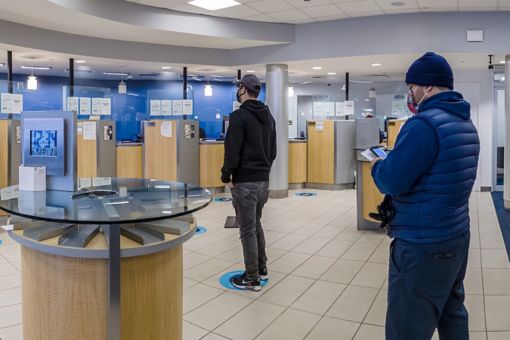New technologies
New technologies are advancing at an increasingly rapid pace, a trend that will certainly continue in the coming years. For instance, generative artificial intelligence has revealed its potential over the past year and can be considered a game changer. However, citizens also expect their government to ensure the responsible application of these new technologies. The government must therefore provide a flexible yet sufficiently comprehensive regulatory framework that balances the encouragement of innovation with the assurance of safe, transparent, and ethically responsible application. The recently approved AI Act by the European Parliament provides an initial framework and guidance for this.









